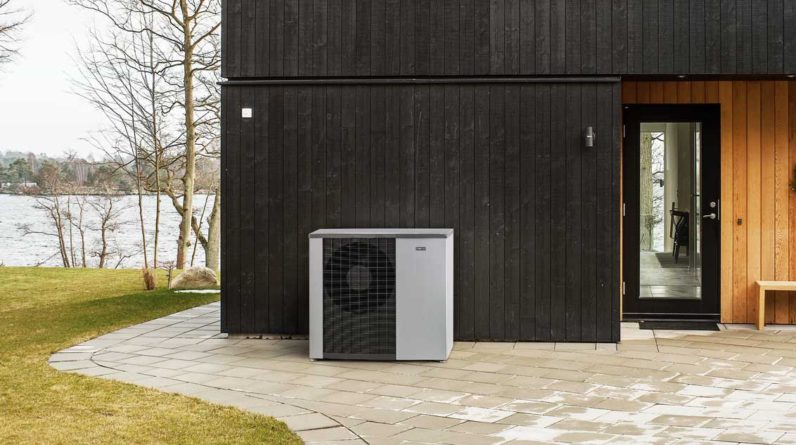
When we stay in a place with variable climates we should have different options to tackle the weather conditions. The most important one for seasonal changes is heat pumps and air conditioners. As we all know, air conditioners are devices that will absorb warm indoor air and release cooler air in turn. The heat pump also can be used as an air conditioner in warmer days and on cooler days; it can be used to heat the room.
The cost of heat pumps will vary. There are different sizes of the heat pump in the market, but the working principle is the same. A heat pump is a device that transfers the heat between the air inside a building and air outside.
When the climate is warmer, the unit pulls in the heat from the indoor air and transfers it into the outdoor air. And during cooler days this process will be reversed where the heat is absorbed from outside and delivers it indoor. The unit is very efficient to extract heat from the air outside even when it is freezing temperature. When there is no heat left to be absorbed, the electric heater will heat the outside air to make it warmer inside.
To brief, a heat pump is a device that transfers heat energy from a source of heat to a thermal reservoir. The heat pump uses the external power to move thermal energy in the opposite direction by absorbing the heat from cold space and release it to a warmer area.
Types of heat pumps:
Heat pumps can be classified into two major types.
Air source heat pumps:
Air source heat pump utilizes heat from the outside air.
Geothermal heat pumps:
Geothermal heat pump extracts heat from the ground.
Heat pumps are generally available in two types depending on the designs:
Split type:
It consists of two separate outdoor and indoor units.
Packaged units: It consists of the entire component in a single cabinet. At times the package unit will also contain electric heating coils or a gas furnace, which supplements the heat pump to deliver warm air indoors during cold weather conditions.
Benefits of heat pump:
- Heat pumps are more cost-effective and energy-efficient than other types of heating like oil or gas furnaces.
- Heat pumps are safer and relatively environmentally friendly.
- Heat pumps can provide cooling as well as heating. It helps in eliminating the requirement of two separate systems the heating and cooling needs.
- Heat pumps are reliable and have a long lifespan for 10-15 years
- Heat pumps require very less maintenance as compared to traditional heating and cooling systems like wood stoves or fireplaces.
Cost of heat pump
The actual cost of a heat pump depends on many factors such as the type of the unit, size of unit, energy efficiency ratings, the location where the head pump should be installed and the amount of ductwork involved in installing the heat pump. Consult the local HVAC professional in the areas to find the best way to get the details of pricing and guidance on selecting the right sized heat pump for your house, or office.
